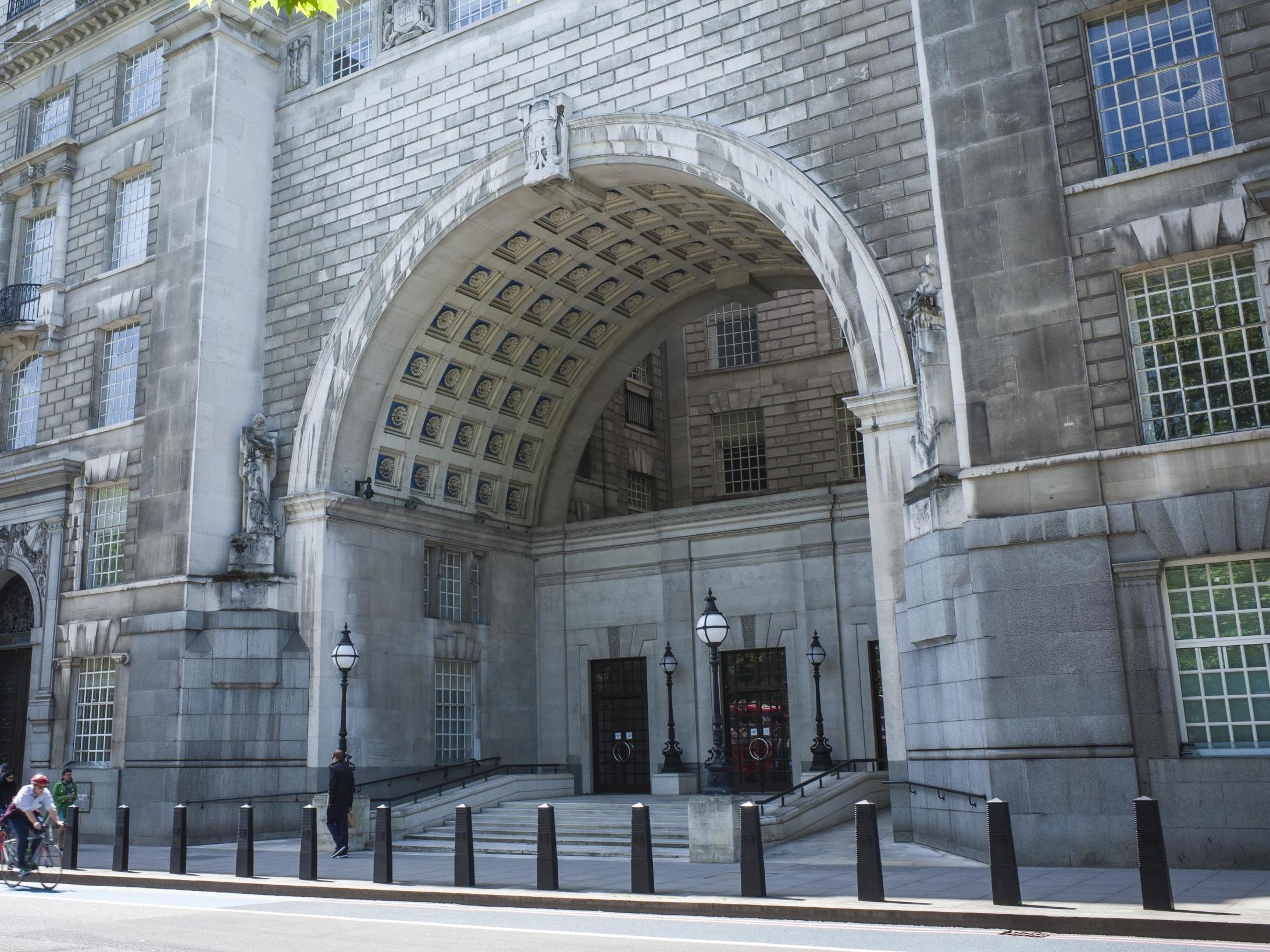MI5 can lawfully tell agents to commit crimes – but can’t stop them going to prison, tribunal rules
Tight three-two majority ruling marks first time tribunal has published dissenting opinion

Your support helps us to tell the story
From reproductive rights to climate change to Big Tech, The Independent is on the ground when the story is developing. Whether it's investigating the financials of Elon Musk's pro-Trump PAC or producing our latest documentary, 'The A Word', which shines a light on the American women fighting for reproductive rights, we know how important it is to parse out the facts from the messaging.
At such a critical moment in US history, we need reporters on the ground. Your donation allows us to keep sending journalists to speak to both sides of the story.
The Independent is trusted by Americans across the entire political spectrum. And unlike many other quality news outlets, we choose not to lock Americans out of our reporting and analysis with paywalls. We believe quality journalism should be available to everyone, paid for by those who can afford it.
Your support makes all the difference.The nation’s security services can lawfully permit agents to commit serious criminal offences - including murder, kidnap and torture – a tribunal has ruled.
A three-to-two majority of the Investigatory Powers Tribunal (IPT) agreed MI5 had special dispensation to allow illegal activity, arguing a ban on the practice would seriously hinder the security service.
However far from the "licence to kill" afforded to the world’s most famous spook, James Bond, judges made clear the ruling does not mean the agency has the power to offer legal protection if an agent does break the law.
Instead, the service was found to have “an implied power” to sanction criminal offences – but no power to “confer immunity” from the consequences of such crimes.
Lord Justice Singh, president of the IPT, said the case “raises one of the most profound issues which can face a democratic society governed by the rule of law".
He noted that preventing MI5 from embedding an informant in a proscribed terror organisation - because in doing so they would be committing a criminal offence - "would strike at the core activities of the Security Service".
Legal action was brought by four human rights organisations - Privacy International, Reprieve, the Committee on the Administration of Justice, and the Pat Finucane Centre – who argued MI5 policy allows “agents to participate in crime" and effectively "immunises criminal conduct from prosecution".
The ruling is the first time dissenting opinions have been published by judges sitting on the tribunal – with Professor Graham Zellick QC saying the government's arguments "would open the door to the lawful exercise of other powers of which we have no notice or notion, creating uncertainty and a potential for abuse".
Campaigners have pledged to appeal the ruling, branding the security service power “abusive”.
Ilia Siatitsa, a legal officer at Privacy International, said: "Today, the Investigatory Powers Tribunal decided that MI5 can secretly give informants permission to commit grave crimes in the UK, including violence.
"But two of its five members produced powerful dissenting opinions, seeking to uphold basic rule-of-law standards."
She added: "We think the bare majority of the IPT got it seriously wrong. We will seek permission to appeal to protect the public from this abusive secretive power."
Join our commenting forum
Join thought-provoking conversations, follow other Independent readers and see their replies
Comments